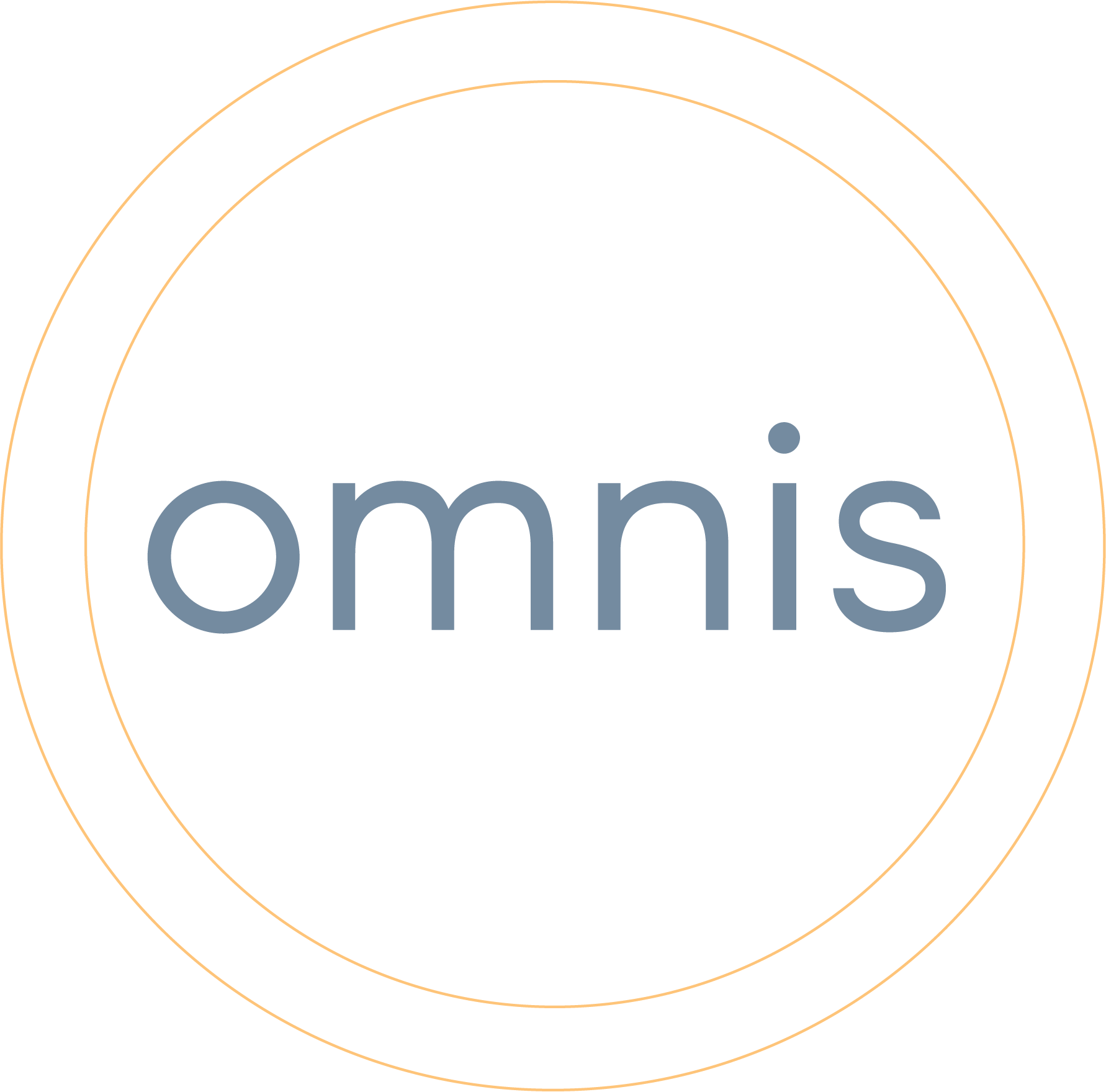The ATO is ‘detecting and addressing’ recurring errors in specific industries when businesses have a turnover between $1 million and $10 million.
These industries include property and construction (including builders, contractors and tradies), and professional, scientific and technical services (including engineering, design, IT and consulting professionals).
In these industries, the ATO continues to see recurring issues, including:
- omitted sales and income in BAS and tax returns, including income from related entities;
- overclaimed expenses and GST credits;
- private expenses incorrectly reported as business-related, or not properly apportioned between business and personal use;
- failure to register for GST when required;
- incorrect claims for the research and development (R&D) tax incentive offset, especially for activities that do not meet the eligibility criteria; and
- not seeking independent advice from a registered tax agent, particularly in head contractor/subcontractor arrangements.
By sharing the issues that it is seeing, the ATO hopes to help taxpayers running a small business in one of these (or other) industries to avoid common errors and get it right from the start.
ATO reminder: Business expenses that can (and cannot) be claimed
Taxpayers can claim a tax deduction for most business expenses, provided they meet the ATO’s three ‘golden rules’:
- The expense must be for business use, not for private use.
- If the expense is for a mix of business and private use, they can only claim the portion that is used for business.
- They must have records to prove their claim.
The ATO also wants business taxpayers to remember that there are some expenses that they cannot claim, including entertainment expenses, traffic fines and expenses that relate to earning non-assessable income.
New ATO Data-Matching Programs
The ATO acquires and uses data for pre-filling, detecting dishonest or fraudulent behaviour, and identifying areas where it can educate taxpayers to help them understand their tax obligations.
When data does not match, the ATO may contact tax agents and their clients to find out why.
Dual cab utes and FBT
The ATO wishes to dispel the ‘common myth’ that dual cab utes are automatically exempt from fringe benefits tax (‘FBT’). If an employer provides dual cab utes to staff to complete their duties and the vehicle is available for personal use, then the benefit may be subject to FBT.
By understanding how their employees use their dual cab utes, employers can work out if FBT applies and meet their FBT obligations.
To qualify for an exemption, the dual cab ute must be an ‘eligible vehicle’. That is, it must be designed to carry a load of one tonne or more, or more than eight passengers (including the driver), or a load under one tonne and not primarily designed for carrying passengers.
The dual cab ute must also only be used for limited private use (i.e. minor, infrequent and irregular), such as the occasional trip to the tip or helping a mate move house.
If an employee’s personal use of the dual cab ute does not meet both of the above exemption conditions, then the employer will be liable for FBT.
Rental Income Data-Matching
Over the coming months, the ATO will be sending letters where its data indicates the following. Please contact Omnis if you receive such a letter.
- tax returns including rental income may need to be lodged for specific years; or
- rental income should be included in previously lodged tax returns.
Offshore Merchant Data-Matching Program
The ATO will acquire merchant data from the big four Australian banks (ANZ, Commonwealth Bank, National Australia Bank and Westpac) for the 2025 to 2027 income years.
The ATO estimates that records relating to approximately 9,000 offshore merchants will be obtained each financial year.
Need help reviewing your business claims or checking your compliance risk? Contact Omnis Business Accountants in West Perth to make sure your records and reporting stack up before the ATO comes calling.

